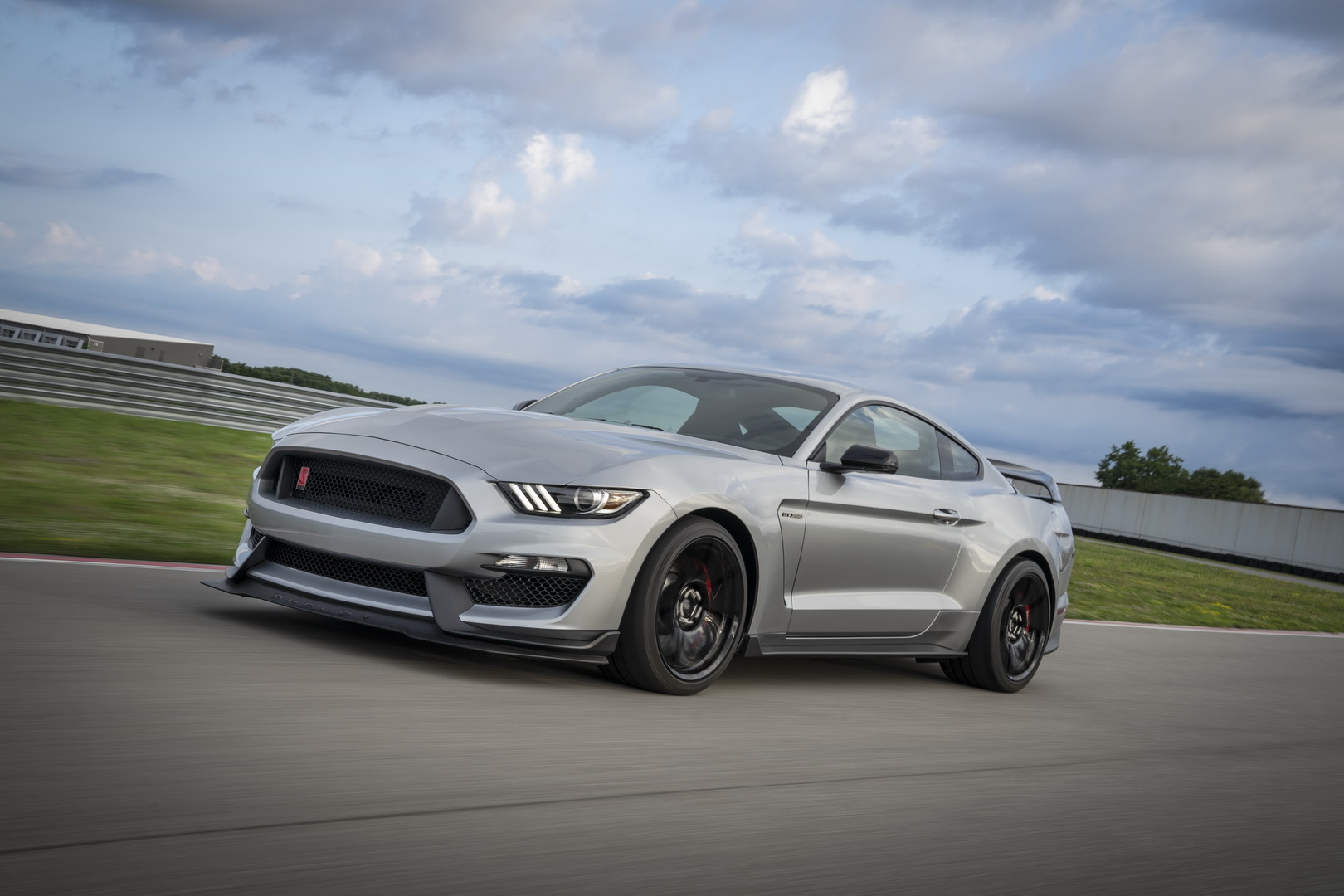Ford is issuing two new safety recalls in North America, and one safety compliance recall in Canada. The latter however is for the 2017-2020 Mustang Shelby GT350 and GT500 and includes a problem with their daytime running lights.
You can see how that might be of concern given the nature of these vehicles. In affected models, the DRLs may not activate as required, making the cars less visible to other drivers.
This of course increases the risk of a crash, and considering how fast these things get up to speed (GT500 smashes 60 mph in 3.5 sec), we know that’s not just “PR talk” either.
Related: Ford Issues Three New Safety Recalls For Escape, Transit, F-650, F-750, Lincoln MKX And Nautilus
The recall affects a total of 833 Shelby Mustangs in Canada, all of which built at the carmaker’s Flat Rock assembly plant from Sept. 22, 2016 to July 12, 2020. In order to fix the issue, dealers will update the body control module software – reference number 20C21.
More trouble for the Escape
Another recall being issued is for select 2020 Escape crossovers, with faulty tire pressure monitoring systems, which may fail to adequately warn a driver of low air pressure in the rear tires. This in turn could lead to poor handling and control, technically increasing the risk of a crash.
This recall affects 689 vehicles in the U.S. and 19 in Canada, all of them built in Louisville from June 26 to August 14, 2020. In this case, the entire body control module will be replaced – reference number 20S59.
Lastly, there’s a problem with select 2019-2020 Transit Connect models, who need their powertrain control module replaced (reference number 20S60) as the “software calibration for the engine fail-safe cooling strategy contains temperature threshold values that are higher than intended.”
“In the event of elevated engine temperatures due to coolant loss, there will be a delay in vehicles invoking the fail-safe cooling strategy, resulting in engine temperatures exceeding critical limits. Under severe cases, running the engine at temperatures above critical limits for prolonged periods of time could result in engine damage and increase the risk of fire.”
This action affects 2,903 vehicles in the U.S. and 584 in Canada, built between August 2, 2018 and July 30, 2020.
Ford is not aware of any reports of accidents, injury or fire related to any of these problems.






